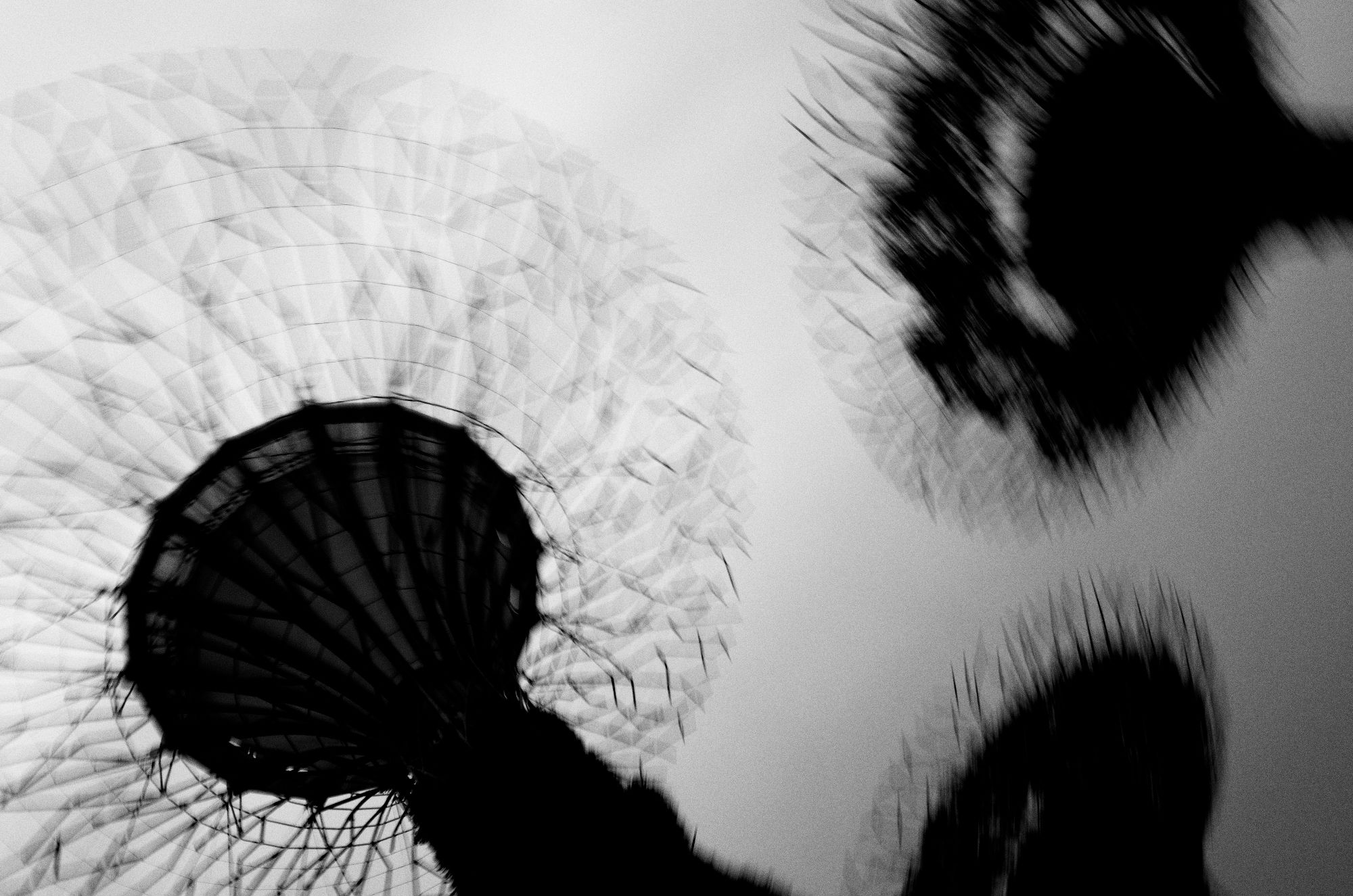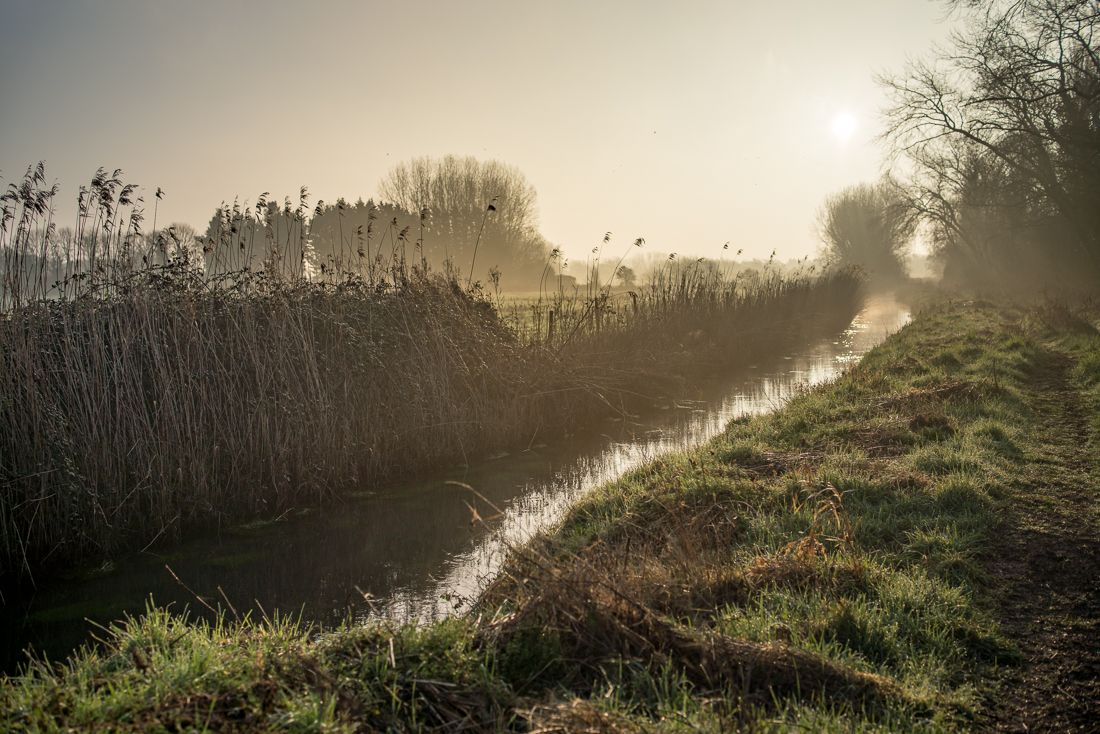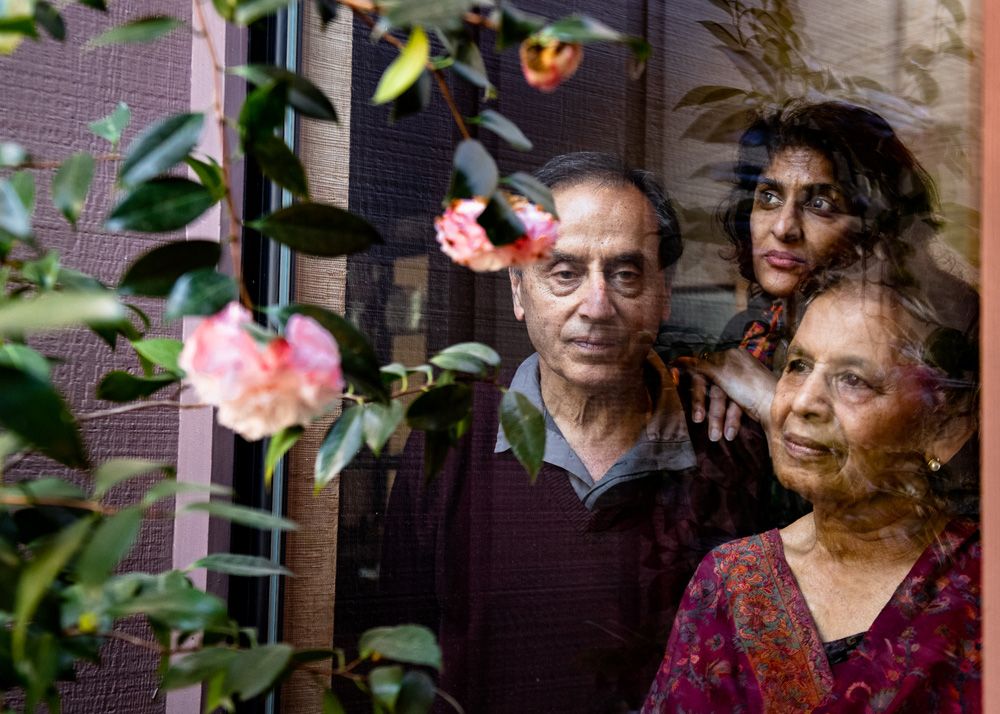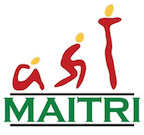Sunday Preview. Three stories we offer next week
Along with purely documentary work, we are always looking at very personal, sometimes abstract and artistic projects — we do not draw a sharp line between journalism and art as we see artistic expressions as a strong way to convey a personal attitude towards a subject and represent the mood of society.
Next week's projects are all about the very personal authors' attitudes and narratives they use to tell their stories. Stay tuned!
Darren O'Brien: Merlion Memories
Monday, 08 Nov

Darren O’Brien’s project takes this fragile idea of the nature of memory as its starting point. He accompanied his partner on her return to Singapore, where she spent six years as a child, eighteen years later. As he says, some events are remembered with crystal clarity whilst others are almost impossible to grasp.
I became fascinated by the idea of memory and how they fade and distort over time. I was interested in how some things are remembered with clarity whilst others were harder to grasp. This project explores Singapore through faded memories.
— Darren O'Brien
David Lintern: The body keeps the score
Wednesday, 10 Nov

Grieving the death of a parent is an experience that no amount of listening to others’ stories or reading books on the subject can prepare us for; the only way to truly understand what this means and how it feels is when we experience it first hand.
David Lintern's project The Body Keeps the Score takes its mysterious title from a book he found on his mother’s shelf when he was clearing out her house after her death. It refers to how trauma, something most would consider to have purely psychological consequences, can actually be internalised and transpire within the physical body rather than just the mind.

|
A fee for this story is donated to Bikes for refugees, ScotlandDavid suggested donating his fee to Bikes for refugees, Scotland. Here's what they say about the role and goals of their activity |
Ashima Yadava: Front Yard
Friday, 12 Nov

As lockdown was announced in March 2020, Yadava turned to her own community to photograph and she chose the front yard as the ideal setting — intriguing from a metaphorical point of view as it is the boundary between seen and unseen, public and private, but also thoughtful from a public health perspective. Her approach to documentary photography is rather unusual and one worthy of praise — in order to disrupt the typical one-sided gaze (photographer capturing “subjects”), which, in her words, is so problematic in documentary photography, she opens up the process to collaboration.
The photographer uses both digital and analogue large format cameras simultaneously so Front Yard is at least as much about the process of photographing and working towards something together than it is about the final outcome. The digital colour photographs are Yadava’s own observations whereas the black and white embellished images demonstrate the way the people portrayed would like to be seen.

|
A fee for this story is donated to MaitriAshima suggested donating her fee to Maitri — the organization helping survivors of domestic violence. |
12 selected stories a month for $6/mo only
Every day we look for documentary projects by independent photographers to provide our Members with carefully selected stories that you won't likely find yourself. Sounds interesting? So why not join now?
